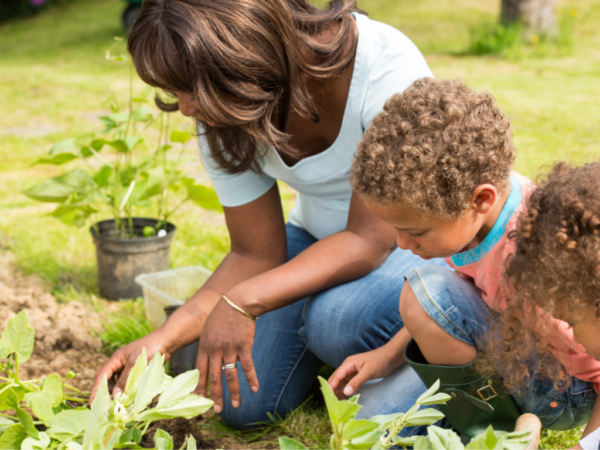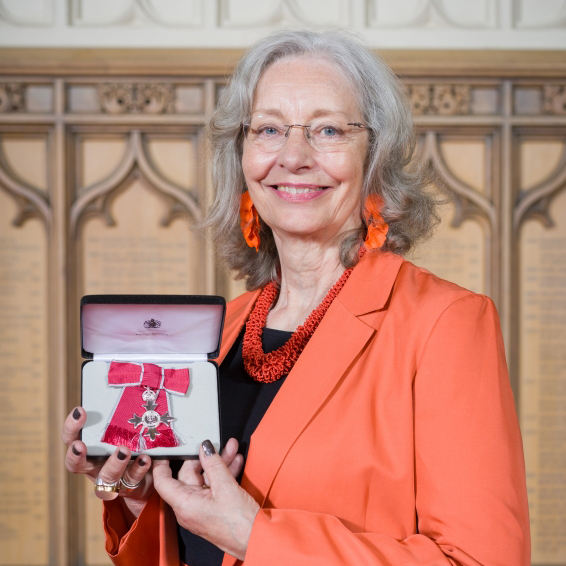
In the UK, our youth mental health crisis is out of control. A recent Guardian article quoted that child NHS mental health referrals are soaring, up more than 39% in a year. A further piece of research by Cambridge and Manchester universities surveying 11,000 children across the UK, found that mainstream secondary school could be making children unhappy as their levels of well-being fall between the ages of 11 and 14. The researchers said this went “far beyond anything we would classify as moderate”. The academics claimed the decline was probably linked to the transition to secondary school but could be mitigated through initiatives to strengthen self-esteem in early adolescence.
In comparison, a more child-led, creative, and hands-on education has been linked to elevated psychological well-being. Research published by the University of Virginia in January 2022 found that those who attended a Montessori school for at least two years reported higher well-being as an adult than those who had not. The longer a person attended a school of this type, the higher their level of well-being in adulthood. Montessori is an educational approach that supports children’s well-being, helping them to regulate their emotions and build resilience and self-reliance from an early age. Montessori teachers are specifically trained to observe children’s individual developmental needs and drives and to support children to verbalise their feelings from an early age. In authentic Montessori schools, children retain the same teacher and peer group of mixed ages for three years, a quality recognised by the 2022 Ofsted Report on London’s Maria Montessori School, which said:
“Pupils are hardworking and resilient. Their confidence develops admirably so that when things get tricky, they have the skills they need to keep going and put things right.”Ofsted
Educationalists have long been aware of the period of transition that takes place in adolescence, and Maria Montessori, founder of the Montessori approach, wrote a great deal about children’s development, including their emotional, psychological, and social development. Today this is reinforced by research in the field of neuroscience which backs up many of the principles Montessori identified. Sarah-Jayne Blakemore, a neuroscientist at the University of Cambridge, noted the period of adolescence is when “a teenager’s social world changes the most dramatically”.
Responding to the unique characteristics of this stage of development identified by Blakemore, the Montessori adolescent programme takes a vastly different approach to that of mainstream education: in Montessori when teenagers are going through puberty (around 12-14 years), rather than focusing purely on exams and academic work, young people are helped to understand their changing bodies, feelings, relationships, and emotions before becoming ready again for academic work as older teenagers. Responding to the real developmental needs of young people is unsurprisingly better for young people’s mental health.
Prioritising children’s emotional and social development with an educational approach which focuses on these as much as academic outcomes clearly leads to more emotionally intelligent and robust adolescents and adults – and increasingly looks like a necessity not a luxury if we are to address the youth mental health crisis and raise a generation fit to meet the challenges of the future.







